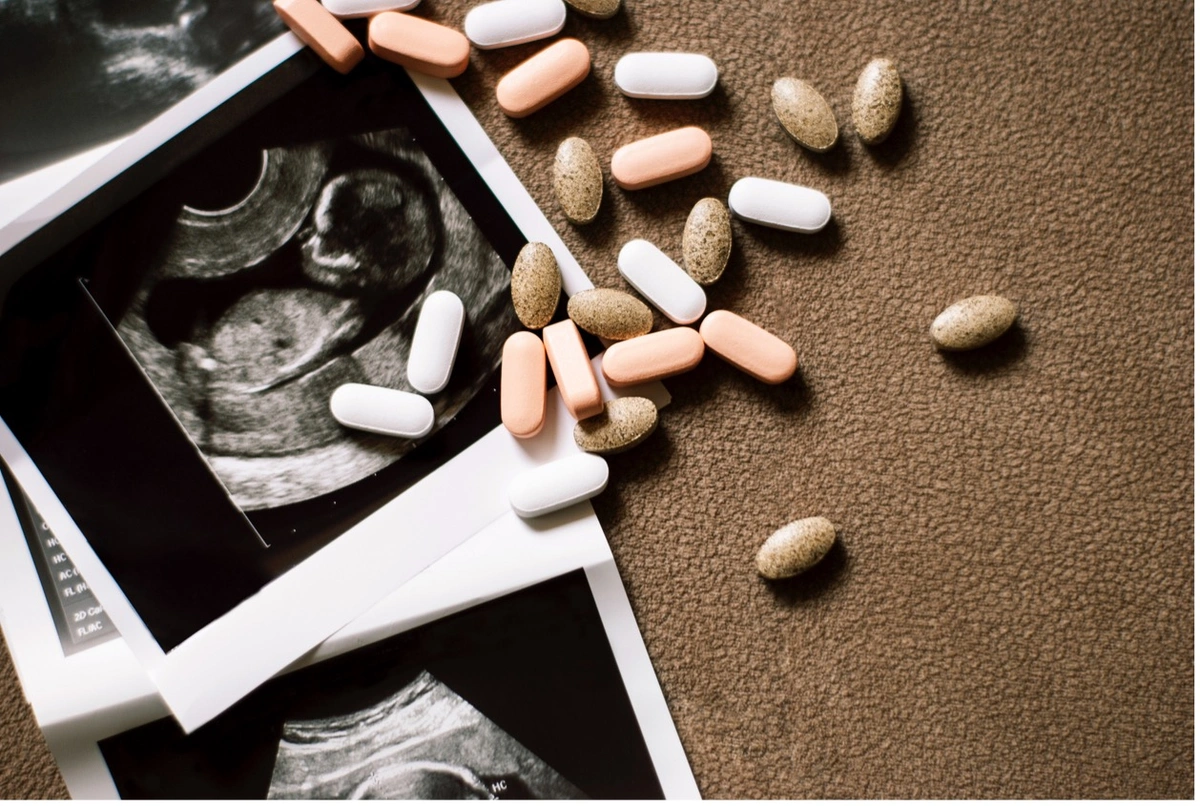Home Resources Blog Boost Your Chances with Fertility Supplements Boost Your Chances with Fertility Supplements Authored and medically reviewed by Dr. John Jarrett
Dr. Jarrett is a reproductive endocrinologist and fertility specialist who sees patients in Carmel.
Posted on June 21, 2024
Research shows that oxidative stress antioxidant levels are low, can seriously affect fertility in both men and women, making it harder to produce healthy eggs and sperm. To help combat this, our own Dr. John Jarrett
Before starting any fertility supplement, always consult with your physician. It’s crucial to ensure that any supplement you take is safe and suitable for your specific fertility needs and/or medical condition(s). Your physician can provide personalized advice based on your health history and fertility journey.
Female Supplements
Supplement Potential Benefits Dosing
Vitamin D3
Promotes bone health and enhances immune & reproductive function
May increase pregnancy rate
May decrease risk of endometriosis
May decrease lipid levels
Safe to take during pregnancy
2,500 – 5,000 IU once daily
Should be taken with the fattiest meal of the day
Vitamin K2
(MK-7 form)
Promotes movement of calcium from the blood and into the bones, preventing it from building up in organs and vessels where it can cause damage
Decreases levels of DHEA free testosterone polycystic ovary syndrome (PCOS)
Safe to take during pregnancy
100 – 300 mcg daily
Should be taken along with Vitamin D3 during the fattiest meal of the day
Melatonin
Positive correlation between free follicular fluid optimal oocyte maturatio
May improve oocyte quality, embryo quality, and implantation rates
Discontinue with pregnancy
CoQ10 (Coenzyme Q10)
Follicular fluid with higher concentrations of CoQ10 is associated with mature oocytes and higher-grade embryos
Tissue levels decrease with age and use of certain medications
Discontinue with start of IVF medications or with a positive pregnancy test
200 mg once or twice daily
Myo-Inositol
(for PCOS)
Use correlates with higher quality, mature oocytes & insulin receptor activity
May increase fertilization & implantation rates
Decreases insulin resistance and blood glucose
Discontinue with a positive pregnancy test
Turmeric / Curcumin
Neutralize free radicals
Support joint, liver, brain, and heart health
Support improved digestion and promote immune balance
May decrease menstrual cramping
Discontinue when IVF or FET medications are started
500 – 2,000 mg of turmeric daily; containing 150 – 250 mg of curcumin (preferably with a meal)
NAD
Can improve fertility and restore oocyte quality
Can improve metabolism and DNA repair
Discontinue with a positive pregnancy test
Fish Oil
Omega-3 fatty acids are essential to proper functioning of egg cells
May protect against age-related decline in oocyte quality
Reduces oxidative stress and inflammation
~2,000 mg or more per day
NAC
(N-Acetyl Cysteine)
Improves insulin response and lowers testosterone
May protect and improve egg quality
Discontinue with start of IVF medication
600 mg twice or three times daily
DHEA
(Dehydroepiandrosterone) for women with low ovarian reserve
Promotes energy and enhances mood & immune function
Helps with weight management
Can increase egg quality & quantity of eggs produced
May increase pregnancy rate and live births
May reduce miscarriage rates
Should be used at least 6 weeks prior to an IVF cycle and stopped after 3 months of use Discontinue with a positive pregnancy test
25 mg three times daily
25 mg once daily for those with PCOS
Male Supplements
Conception XR Reproductive Health Formula
(for IVF)
Promotes sperm structure & function
Can be taken with a low dose multivitamin
Recommended at least 3 months prior to treatment
2 tablets per day with food
Conception XR Motility Support Formula
(for timed intercourse or intrauterine insemination (IUI) )
Promotes sperm structure, function, and motility
Can be taken with a low dose multivitamin
Recommended at least 3 months prior to treatment
2 tablets and 2 capsules per day with food
Vitamin D3
Promotes bone health and enhances immune & reproductive function
May increase sperm production by increasing testosterone production
May decrease lipid levels
2,500 – 5,000 IU once daily
Should be taken with the fattiest meal of the day
Vitamin K2
(MK-7 form)
Promotes movement of calcium from the blood and into the bones, preventing it from building up in organs and vessels where it can cause damage
Helps regulate testosterone production
100 – 300 mcg daily
Should be taken along with Vitamin D3 during the fattiest meal of the day
CoQ10
(Coenzyme Q10)
Fish Oil
Omega-3 fatty acids are essential to proper functioning of egg cells
May improve sperm motility & increase sperm count
Reduces oxidative stress and inflammation
~2,000 mg or more per day
NAC
(N-Acetyl Cysteine)
Reduces oxidative stress that can damage sperm
600 mg twice or three times daily
See all articles


